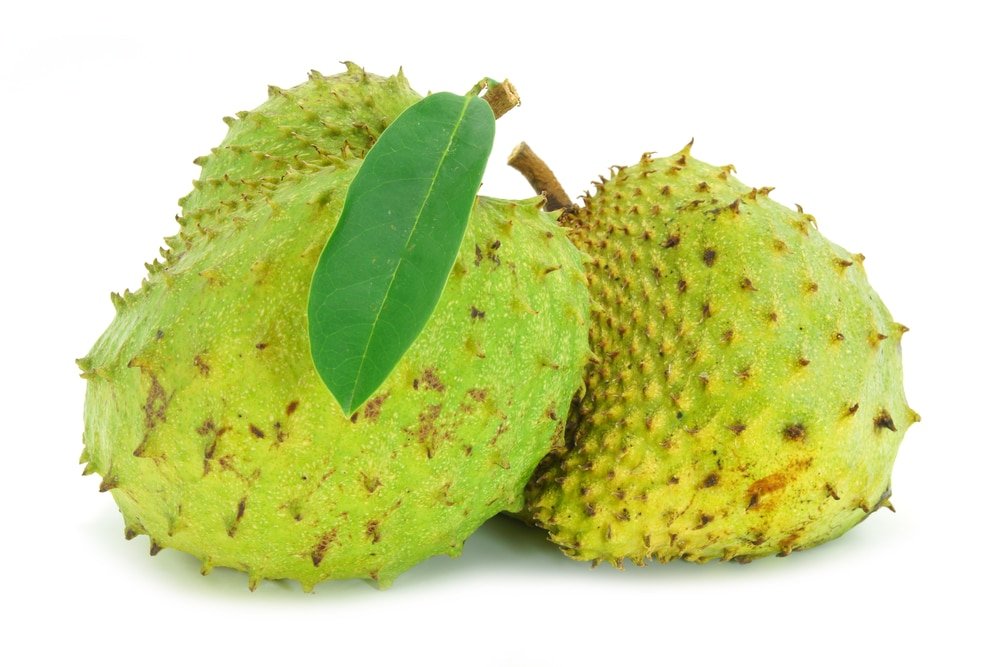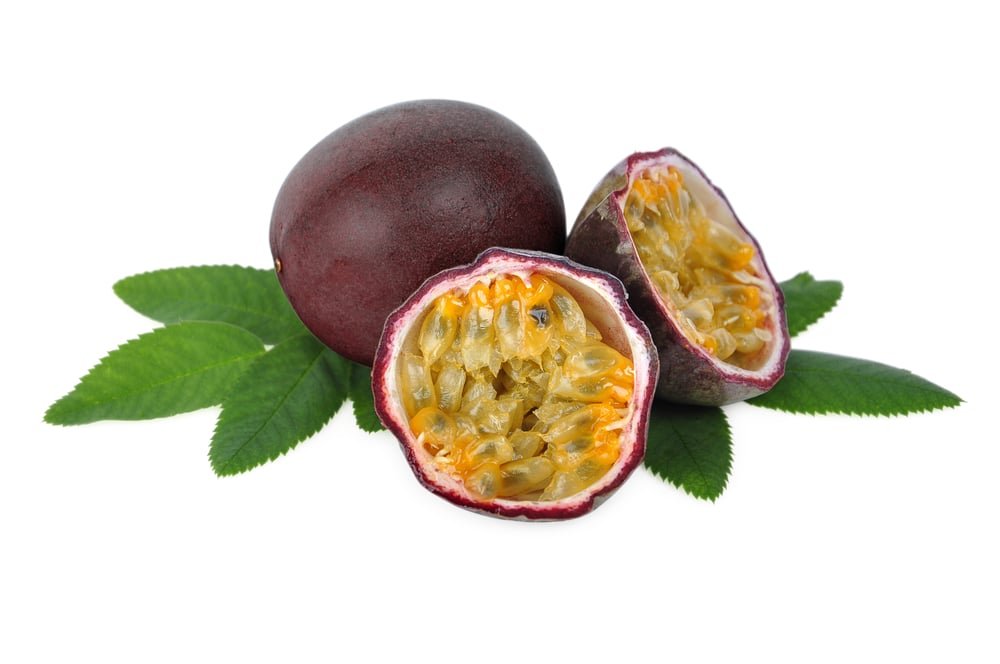Rhodiola Rosea is an adaptogenic herb known for its ability to help the body resist physical, emotional, and environmental stress. Used in traditional medicine across Europe and Asia for centuries, this herb has gained popularity for its numerous health benefits. Research suggests that Rhodiola can boost mental and physical performance, fight fatigue, and support overall well-being. In this article, we will explore the top seven science-backed benefits of Rhodiola Rosea and how it may improve health.
Nutritional Value of Rhodiola Rosea (Per 100g of Root Extract)

| Nutrient | Amount |
|---|---|
| Rosavins | 1-3% |
| Salidroside | 0.8-1% |
| Flavonoids | Varies |
| Polyphenols | High |
| Magnesium | Trace |
| Iron | Trace |
| Zinc | Trace |
These active compounds contribute to Rhodiola’s adaptogenic and antioxidant properties, making it a powerful natural supplement.
1. Stress Reduction
Rhodiola Rosea is well known for its ability to reduce stress. As an adaptogen, it helps regulate cortisol, the body’s primary stress hormone. Research suggests that Rhodiola can lower cortisol levels while increasing resilience to stress. A study published in Phytomedicine found that participants taking Rhodiola extract experienced reduced stress symptoms and improved mood within a few days. By supporting the adrenal glands and nervous system, Rhodiola helps the body adapt to stressful situations more effectively.
2. Combating Fatigue
Fatigue, whether physical or mental, can negatively impact daily life. Rhodiola has been shown to enhance energy levels by reducing oxidative stress and improving mitochondrial function. A clinical trial in medical students found that those who took Rhodiola supplements reported less mental fatigue and better focus during exams. The herb enhances oxygen utilization and ATP production, making it beneficial for individuals suffering from chronic fatigue or burnout.
3. Enhancing Cognitive Function
Rhodiola has been linked to improved memory, focus, and mental clarity. Its neuroprotective properties help combat age-related cognitive decline and support brain health. A study published in the Journal of Psychopharmacology found that Rhodiola supplementation improved concentration and mental performance under stressful conditions. The herb works by increasing neurotransmitters like dopamine and serotonin, which play a crucial role in cognitive function.
4. Alleviating Symptoms of Depression and Anxiety
Rhodiola acts as a natural mood stabilizer. Studies have shown that it can reduce symptoms of mild to moderate depression by balancing serotonin and dopamine levels in the brain. A study in Nordic Journal of Psychiatry found that patients with mild depression who took Rhodiola experienced significant improvements in mood and emotional stability. Unlike conventional antidepressants, Rhodiola has fewer side effects and provides a natural alternative for managing mood disorders.
5. Boosting Physical Performance
Athletes and fitness enthusiasts often use Rhodiola to enhance endurance and strength. The herb helps reduce muscle damage, improve oxygen uptake, and enhance stamina. Research conducted on endurance athletes showed that Rhodiola supplementation improved time to exhaustion and recovery speed. By increasing red blood cell production and reducing lactate buildup, Rhodiola supports overall athletic performance.
6. Supporting Diabetes Management
Rhodiola has been studied for its potential role in blood sugar regulation. Some research suggests that it can enhance insulin sensitivity and reduce blood sugar spikes. Animal studies have demonstrated that Rhodiola extracts help regulate glucose metabolism, though more human studies are needed. Its antioxidant properties may also protect against diabetes-related complications by reducing oxidative stress in cells.



7. Antioxidant and Anti-Aging Properties
Rich in polyphenols and flavonoids, Rhodiola has strong antioxidant effects. It helps neutralize free radicals, which contribute to aging and chronic diseases. Studies suggest that Rhodiola can protect against neurodegenerative diseases by preventing oxidative damage to brain cells. Additionally, its anti-inflammatory properties may support skin health and longevity by reducing cellular damage caused by environmental stressors.
Conclusion
Rhodiola Rosea is a powerful adaptogenic herb with numerous health benefits. From reducing stress and fatigue to enhancing cognitive function and athletic performance, its effects are backed by scientific research. It also shows promise in managing blood sugar levels and protecting against oxidative damage. While Rhodiola is generally safe, it is always best to consult a healthcare professional before adding it to your routine. Whether you’re looking to improve mental clarity, boost energy, or support long-term health, Rhodiola Rosea is a natural supplement worth considering.
References
- Panossian, A., Wikman, G. (2010). Effects of Adaptogens on the Central Nervous System and the Molecular Mechanisms Associated with Their Stress—Protective Activity. Pharmaceuticals (Basel).
- Shevtsov, V. A., Zholus, B. I., Shervarly, V. I. (2003). A Randomized Trial of Two Different Doses of Rhodiola Rosea Extract for the Prevention of Fatigue and Stress Symptoms. Phytomedicine.
- Spasov, A. A., Wikman, G., Mandrikov, V. B., et al. (2000). A Double-Blind, Placebo-Controlled Pilot Study of the Stimulating and Adapting Effect of Rhodiola Rosea SHR-5 Extract on the Fatigue of Students. Phytomedicine.
- Darbinyan, V., Aslanyan, G., Amaryan, G., et al. (2007). Clinical Trial of Rhodiola Rosea L. Extract SHR-5 in the Treatment of Mild to Moderate Depression. Nordic Journal of Psychiatry.
- Walker, T. B., Altobelli, S. A., Roberts, R. (2007). The Effect of Rhodiola Rosea on Endurance Performance and Cardiovascular Function. Journal of Sports Medicine.
- Udintsev, S. N., Schakhov, V. P. (1991). Rhodiola Rosea and Protection Against Diabetes-Induced Oxidative Stress in Rats. Journal of Medicinal Plants Research.
For further reading, visit:
- National Center for Complementary and Integrative Health (NCCIH): nccih.nih.gov
- Examine.com – Rhodiola Rosea Overview: examine.com



Join the 7‑Day “Better Gut” Plan
Pop in your email and we’ll send Lesson 1 + the printable list.







